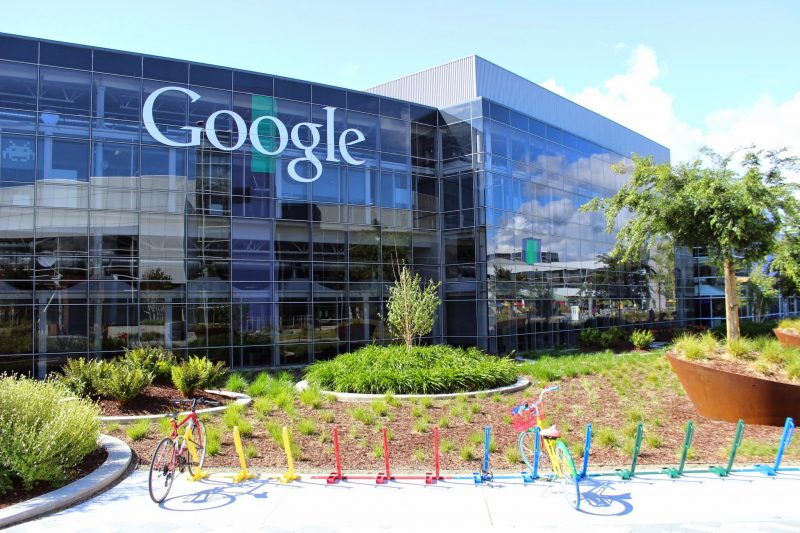 POLICY
POLICY
 POLICY
POLICY
 POLICY
POLICY
The European Commission, the European Union’s executive branch, has sent Google LLC a statement of objections over its practices in the display advertising market.
The EU announced the move today. A statement of objections is a document that the bloc’s antitrust officials issue to a company after determining it may have run afoul of antitrust laws. The document sent to Google was produced in connection with an antitrust probe into its ad practices that the EU launched two years ago.
In particular, the probe focused on Google’s display advertising business. The business provides tools that facilitate the sale of ad space on publishers’ websites.
“Our preliminary concern is that Google may have used its market position to favour its own intermediation services,” said European Commission Executive Vice President Margrethe Vestager. “Not only did this possibly harm Google’s competitors but also publishers’ interests, while also increasing advertisers’ costs.”
Google’s portfolio of display advertising tools centers on four cloud services. The first, DFP, is used by publishers to manage their websites’ ad space. For brands, in turn, Google offers two services called Google Ads and DV 360 that ease the task of buying ad space on publishers’ websites.
The fourth pillar of the search giant’s display advertising business, its AdX platform, is at the center of the EU’s antitrust concerns. The platform is a kind of online auction where brands can place bids for publishers’ ad space. Google, the EU charges, used its dominant market position to give AdX an unfair edge over competitors.
Publishers can use Google’s DFP tool to market their ad space on AdX and multiple competing services. The service that sends the highest bid to a publisher wins. According to EU officials, Google has collected information on ad bids made by AdX competitors.
The search giant is also believed to have breached antitrust rules on the buy side of ad transactions. In particular, the focus is on its Google Ads and DV360 tools, which brands use to buy ad space. The EU charges that the two tools mainly sent brands’ ad bids to Google’s own AdX platform and avoided competing services.
Usually, the EU addresses antitrust issues by ordering companies to change the business practices that are found to breach competition laws. However, officials determined such a move would be inefficient in the case of Google’s display ad unit because it has “inherent conflicts of interest.” In particular, officials pointed out that the company holds a dominant market position on both the buy and sell sides of the digital ad market.
As a result, the EU’s preliminary view is that Google should be required to divest a part of its ad business. However, Vestager reportedly stated that the EU has not yet officially requested such a move but only suggested it.
“Our advertising technology tools help websites and apps fund their content, and enable businesses of all sizes to effectively reach new customers,” Dan Taylor, Google’s vice president of global ads, said in a statement. “The Commission’s investigation focuses on a narrow aspect of our advertising business and is not new. We disagree with the EC’s view and we will respond accordingly.”
Google can reply in writing to the EU’s statement of objections and request a hearing before a final decision is made. If the EU rules against the search giant, it can challenge the decision in court. Google previously appealed an earlier antitrust ruling issued by the EU over its business practices in the mobile market.
Support our mission to keep content open and free by engaging with theCUBE community. Join theCUBE’s Alumni Trust Network, where technology leaders connect, share intelligence and create opportunities.
Founded by tech visionaries John Furrier and Dave Vellante, SiliconANGLE Media has built a dynamic ecosystem of industry-leading digital media brands that reach 15+ million elite tech professionals. Our new proprietary theCUBE AI Video Cloud is breaking ground in audience interaction, leveraging theCUBEai.com neural network to help technology companies make data-driven decisions and stay at the forefront of industry conversations.